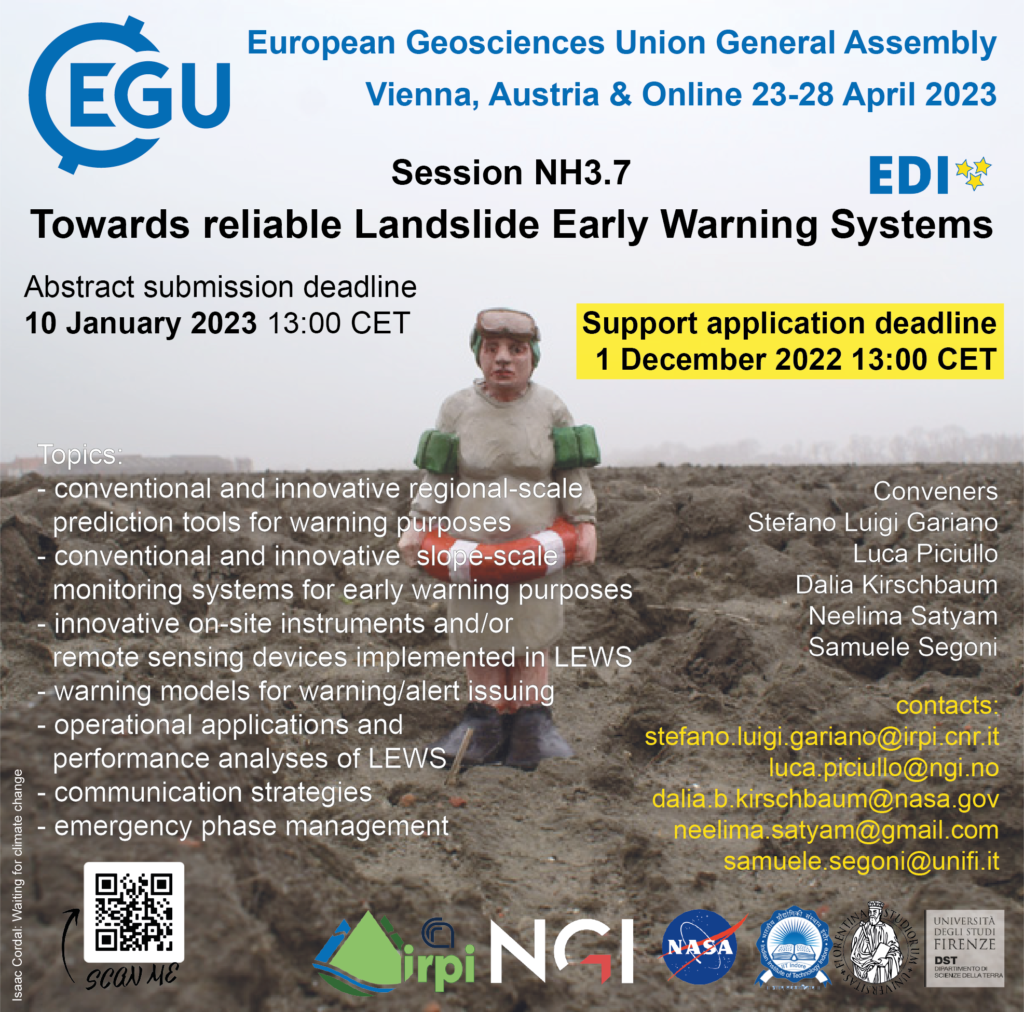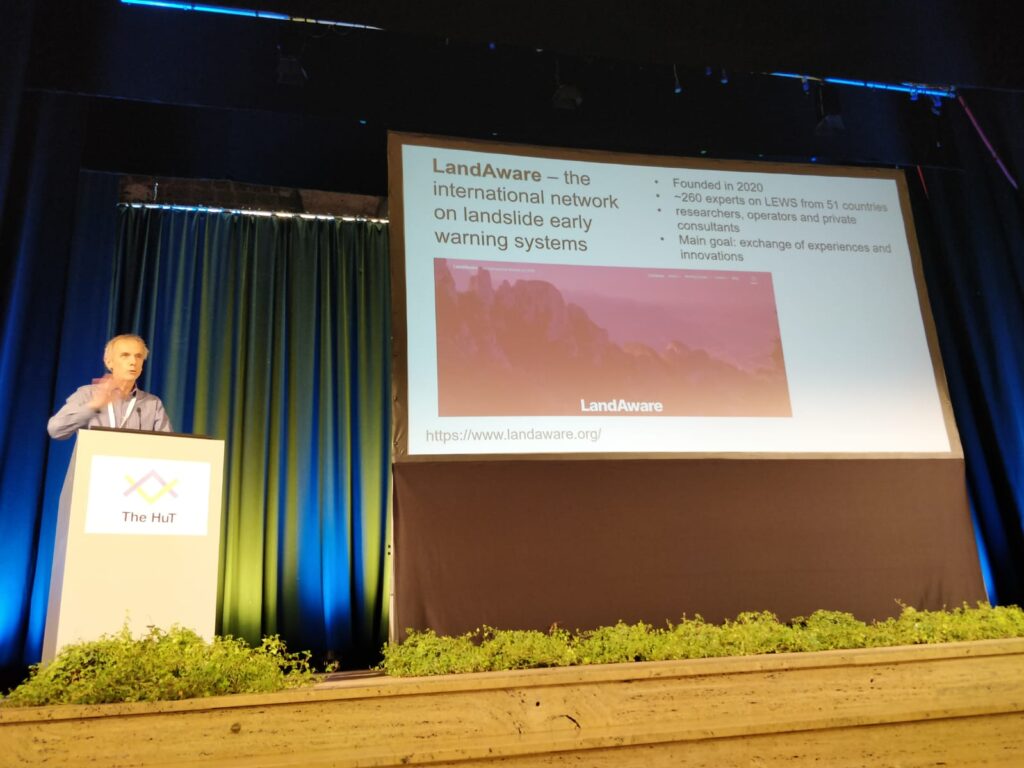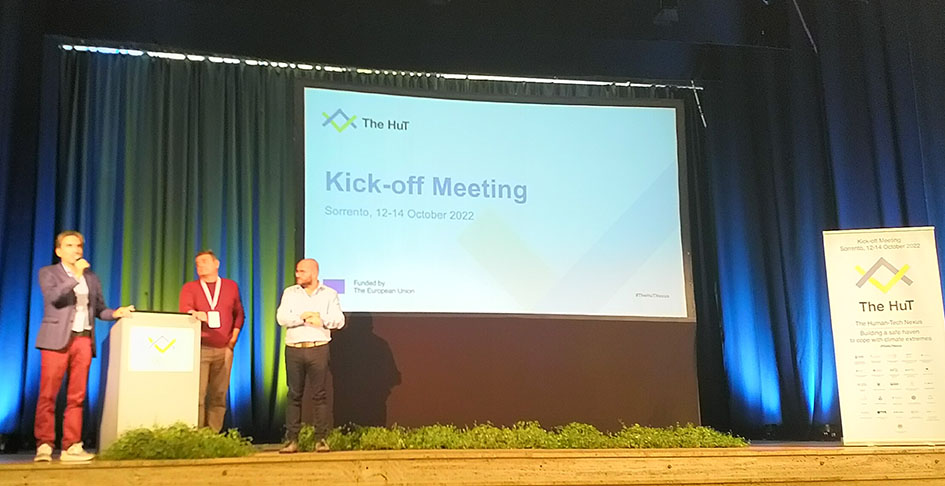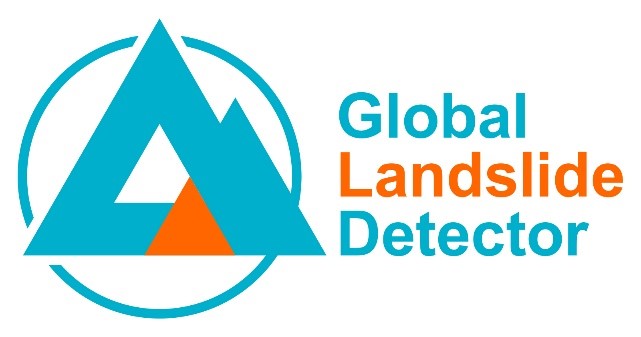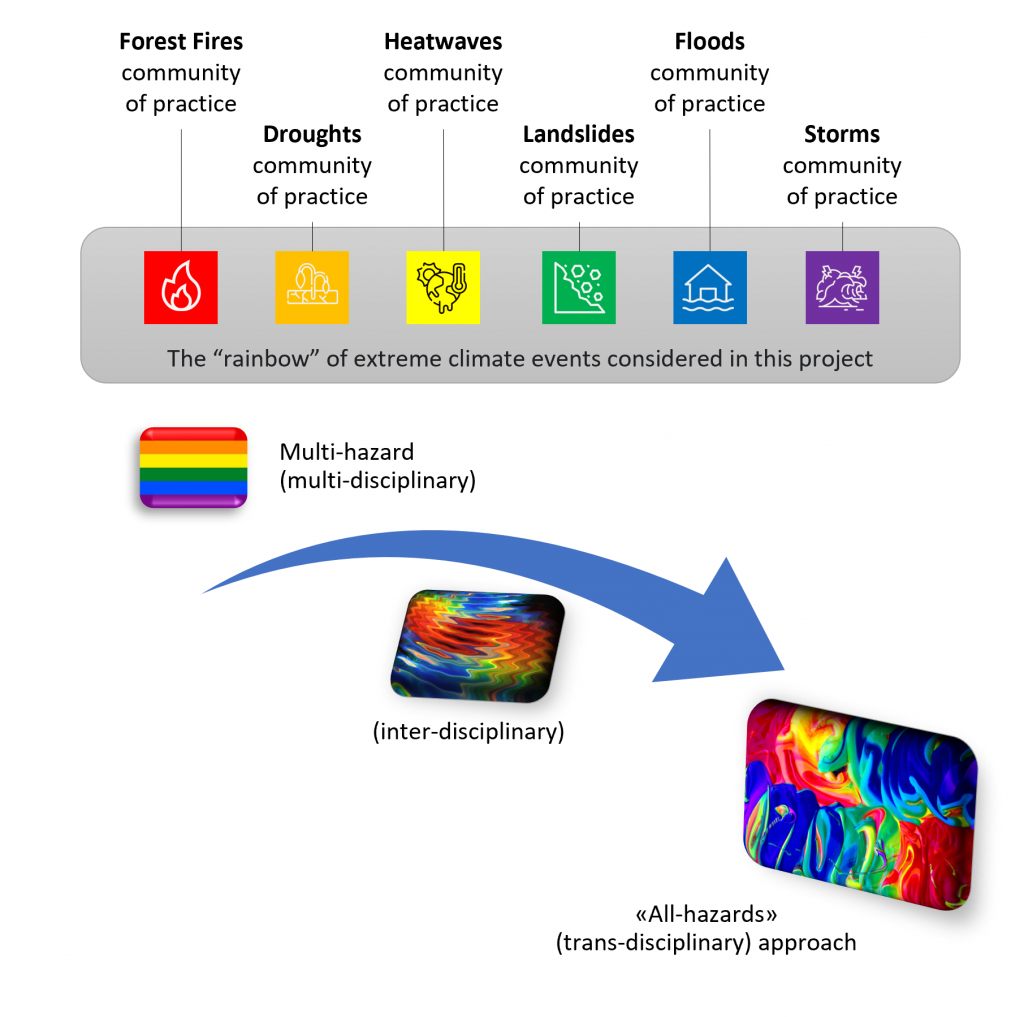NEWS received from
Luca Piciullo (NGI, Norway)
- The recording of WG8 Workshop #2 of IoT-based monitoring, modelling and slope stability is available here:
https://www.youtube.com/watch?v=FWaA_V0ZLi4&t=70s
Workshop #2 was about real-time monitoring strategies for risk management. Three different case studies were presented by Emanuele Intrieri (University of Florence), Armin Dachauer (WSL), Claudia Meisina (University of Pavia).
If you are interested to have access to the past workshops material (presentations, recordings, flyers) please send an email to luca.piciullo@ngi.no
- New paper published on Natural Hazards journal on real-time monitoring and modelling: “A first step towards a IoT-based local early warning system for an unsaturated slope in Norway”
https://link.springer.com/article/10.1007/s11069-022-05524-3
The paper describes a framework for a IoT-based local landslide early warning system (Lo-LEWS). Monitoring, modelling, forecasting and warning represent the main phases of the proposed framework. In this study, the first two phases have been applied to capture the hydrological behaviour of a natural unsaturated slope located adjacent to a railway track in Eastern Norway.
